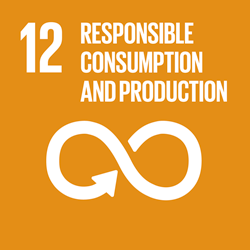Technological watch
Degradability and Properties of PBAT-Based Biodegradable Mulch Films in Field and Their Effects on Cotton Planting
Biodegradable mulches (BDMs) are considered promising alternative green materials to achieve the substitution of polythene (PE) films to reduce plastic pollution. However, whether the BDMs are sufficiently effective to promote cotton production as PE film is a controversial topic. In this study, laboratory determination and field experiments were conducted with one pure Poly(butylene adipate-co-terephthalate) (PBAT) film (BDM), two commercial PBAT-based films (BDM1 and BDM2), and one PE film to (ⅰ) compare the degradation behavior, morphology, and property changes during field application, and (ⅱ) reveal their effects on biomass accumulation and cotton yield. Degradation behavior, degradation rate, structure, thermal stability, crystallinity, and molecular weight changes of the films before and after mulching were investigated and characterized. Water vapor transmission rate and mechanical properties of the films and the effects these on soil temperature, crop growth, and cotton yield were discussed. Results show that the three PBAT-based mulch films gradually degraded during mulching. The molecular weight, thermal stability, and crystallinity of BDM1 and BDM2 decreased. Interestingly, BDM showed the opposite characteristics, but the degradation degree was greatest at harvest. PE film showed no significant changes in its microscopic appearance, thermal performance, or properties. These PBAT-based films were positively correlated with the complete coverage period of the films. In-depth studies focused on BDMs with a longer mulching period must be developed to promote the substitution of BDMs into PE to reduce the residual mulch pollution in cotton fields.
Publication date: 02/08/2022
Author: Qi Liu
Reference: doi: 10.3390/polym14153157






